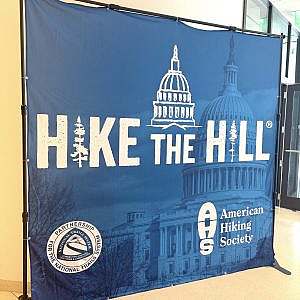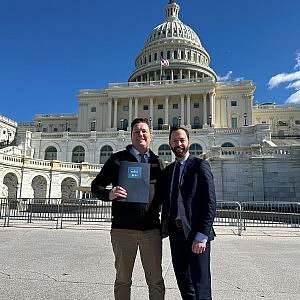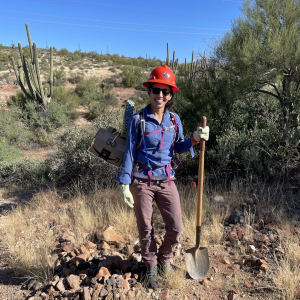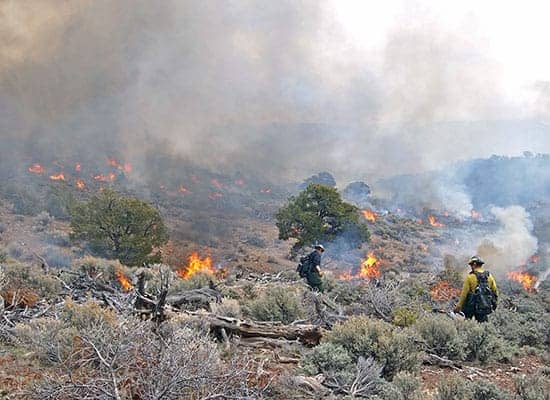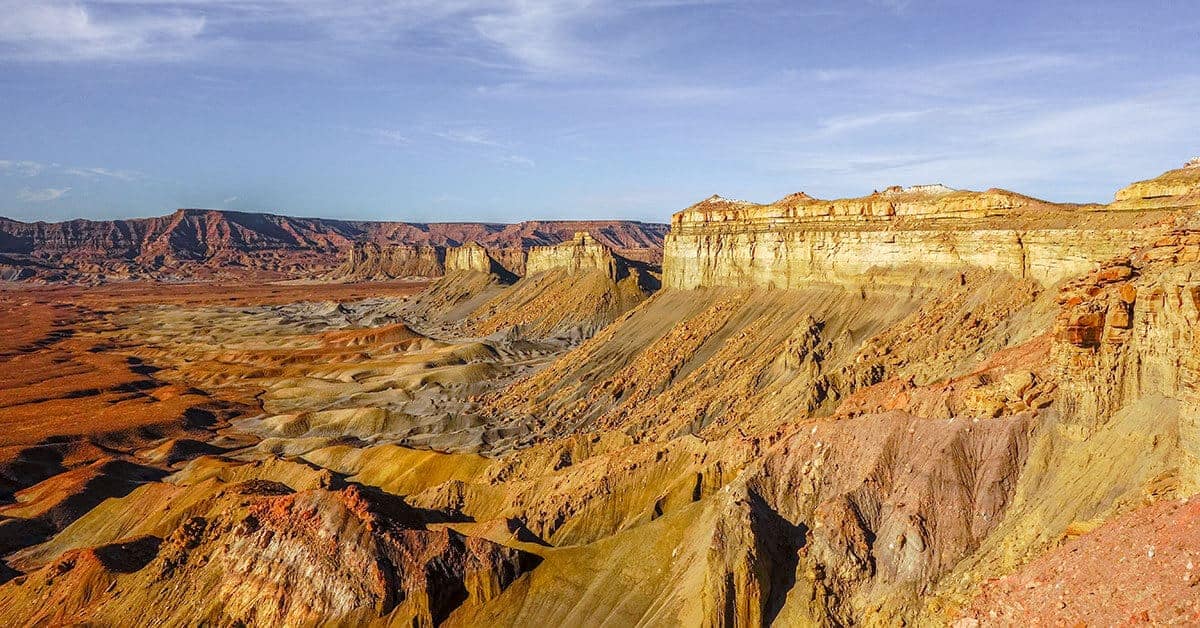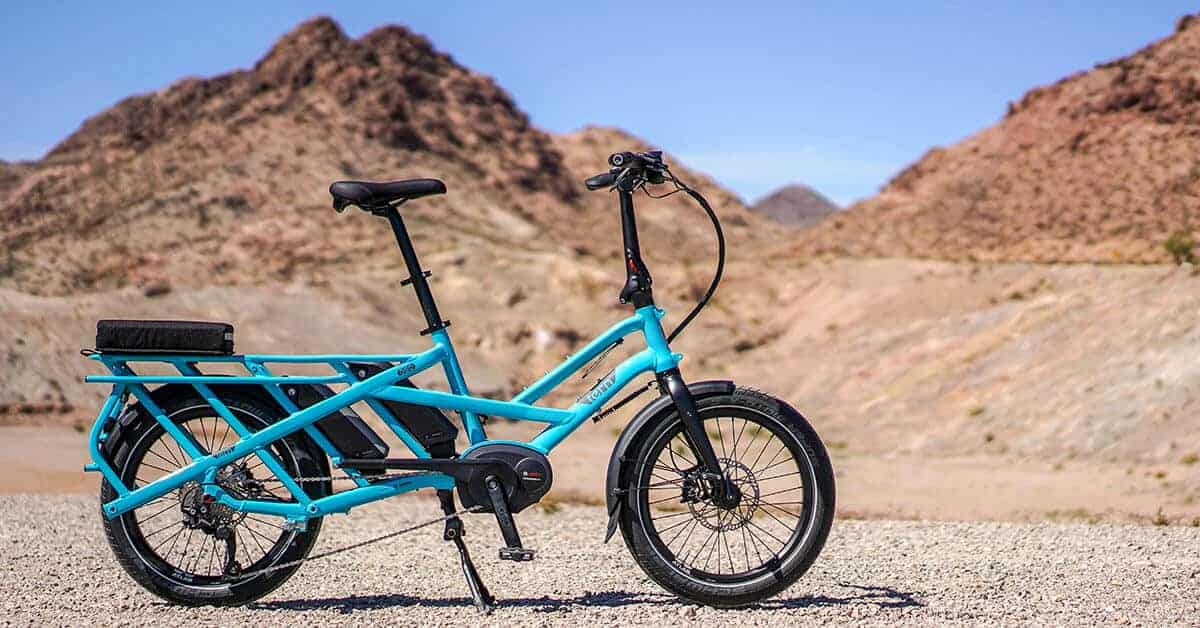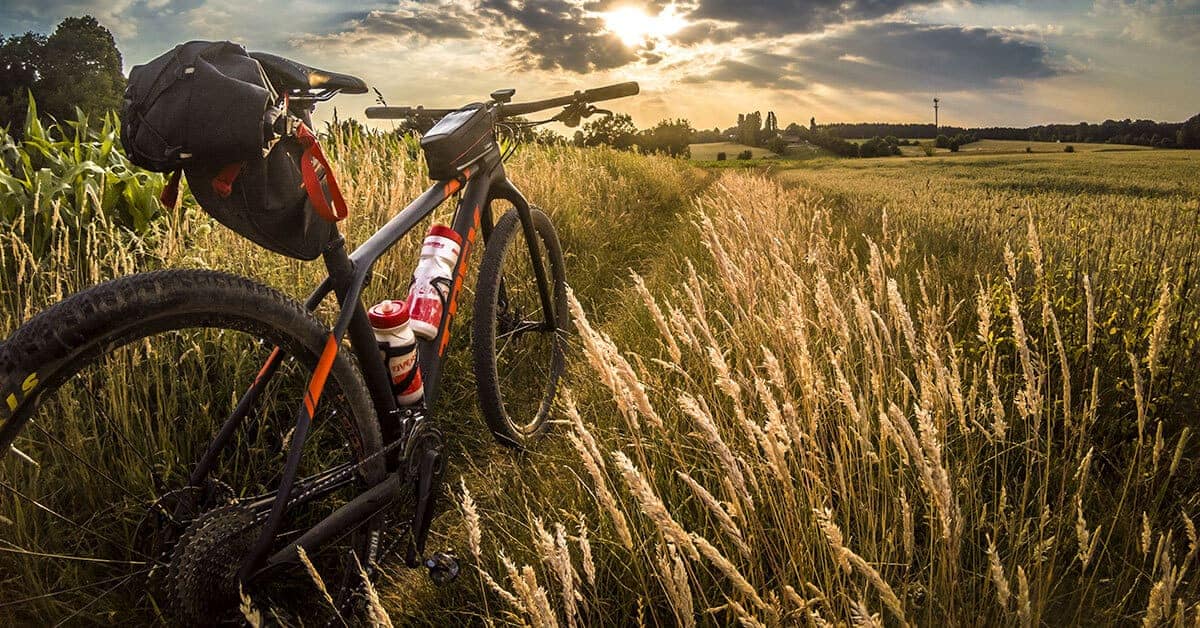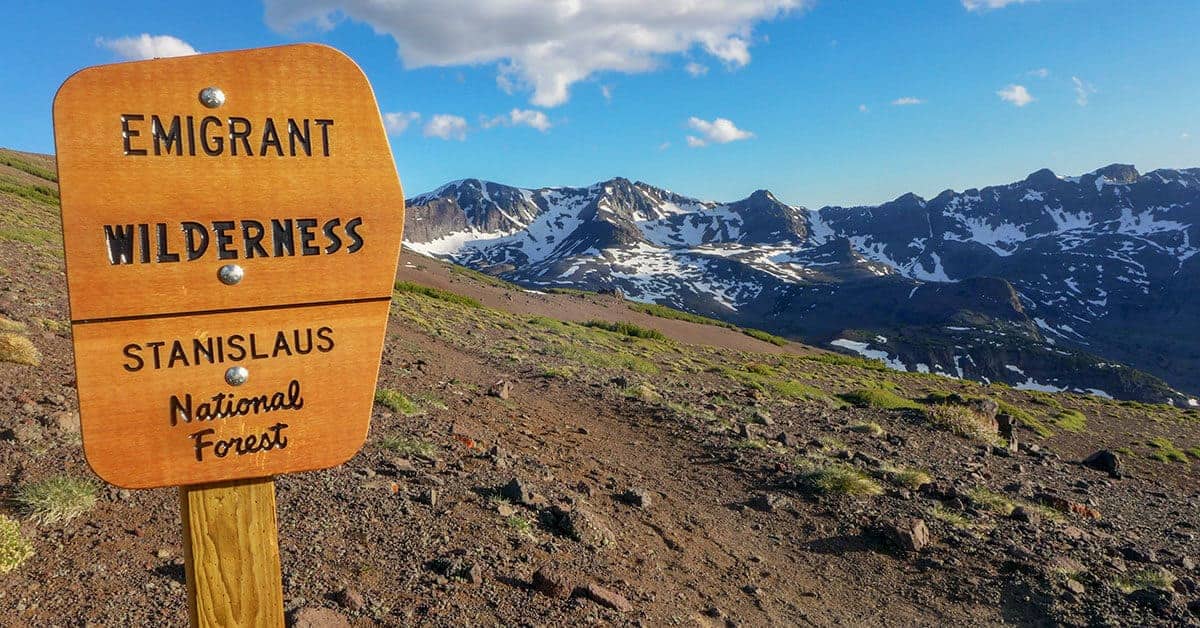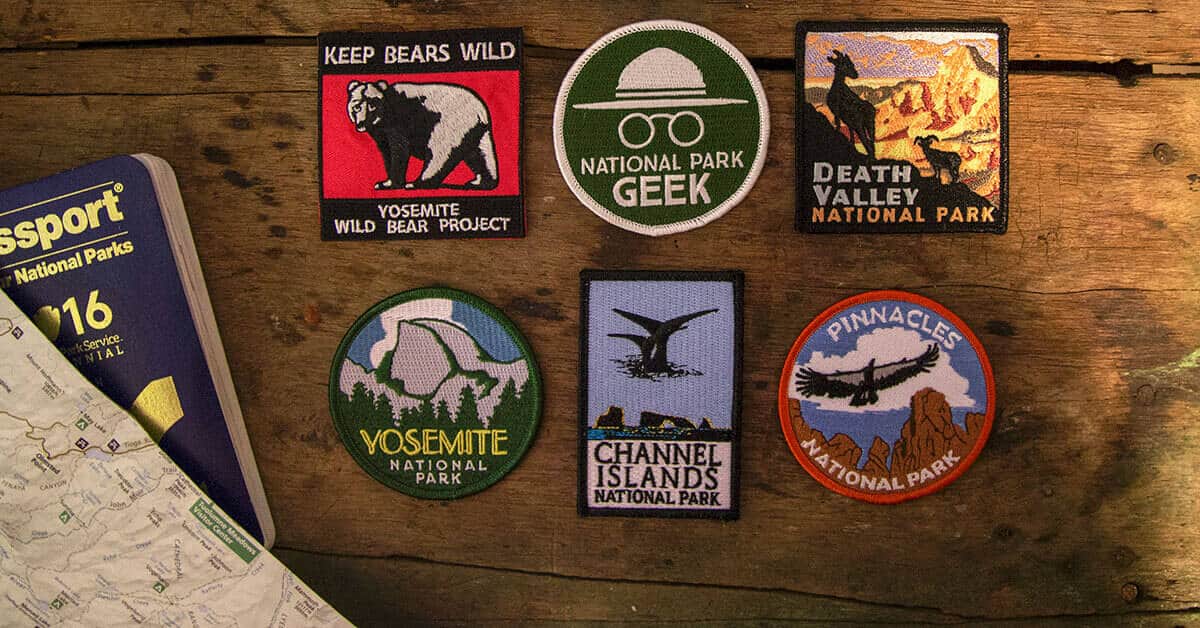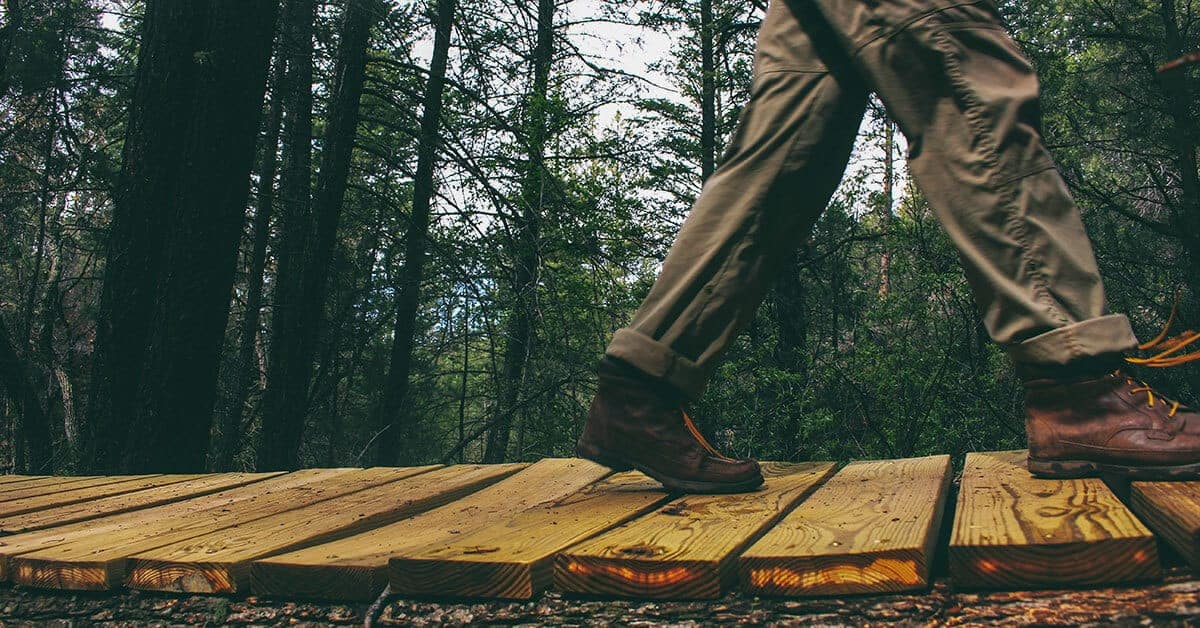Since 1976, American Hiking has worked with Congress, federal agencies, and many recreation and conservation partners on policy issues and legislation to ensure funding for trails, preservation of natural areas, and protection of the hiking experience.
Advocacy News
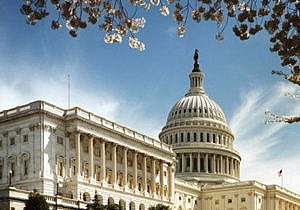
Hikers and Trails Community Achieves Victory in FY23 Omnibus!
American Hiking Society led efforts by the trails community to secure millions of dollar funding increases benefitting trails on public lands across the country! The passage of the omnibus appropriations bill by Congress late last month included hard fought gains for trails including new funding for Bureau of Land Management, National Park Service, and US Forest Service managed trails.
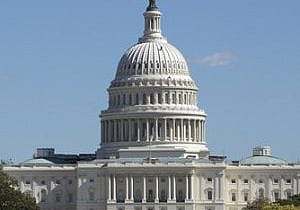
Environmental Coalition Letter of Support for Increased FY23 Funding
On behalf of our tens of millions of members and supporters across the country, we respectfully
request that you support significantly increased funding for environmental agencies and
programs in the FY23 omnibus.
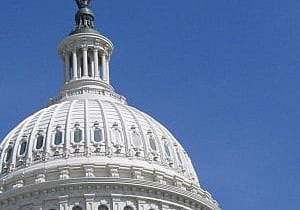
American Hiking Joins Coalition in Support of Increase in FY24 Recreation Funding
Coalition Letter to Congress and OMB to to urge support for robust funding increases to the Bureau of Land Management (BLM), Forest Service (USFS), and Fish and Wildlife Service (USFWS) recreation budget line items in FY24 and subsequent budget years to offset the continuing and increasing deficit in these accounts.
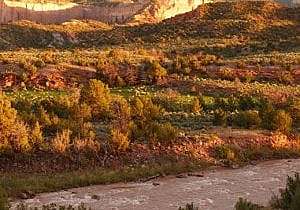
Support Letter for Continental Divide Trail Completion Act (S. 4995)
We are thrilled to share our excitement and support for the opportunity to complete the Continental Divide Trail (CDT). The hiking community thanks you for your leadership on the Continental Divide Trail Completion Act and encourages all Senators to act today to protect the major watershed of the North American Continent and a crown jewel for millions of hikers, recreation users, and gateway community residents.

Trails Community Recommendations for FY23 Appropriations Conference (Interior)
As discussions between the House and Senate are underway to reconcile the FY23 Omnibus Appropriations bill for final passage, and enactment, the trails community requests that final legislation include robust funding for trails, including the preferred funding levels (at a minimum) and report language outlined below.

FY23 Trail Funding Public Witness Testimony of American Hiking Society, on behalf of Trails Community (Senate)
FY23 Senate Testimony of: Kathryn Van Waes, PhD., Executive Director, American Hiking Society and with the full support of American Trails, American Motorcyclist Association, Back Country Horsemen of America, Equine Land Conservation Resource, International Mountain Bicycling Association, National Wilderness Stewardship Alliance, Rails-to-Trails Conservancy
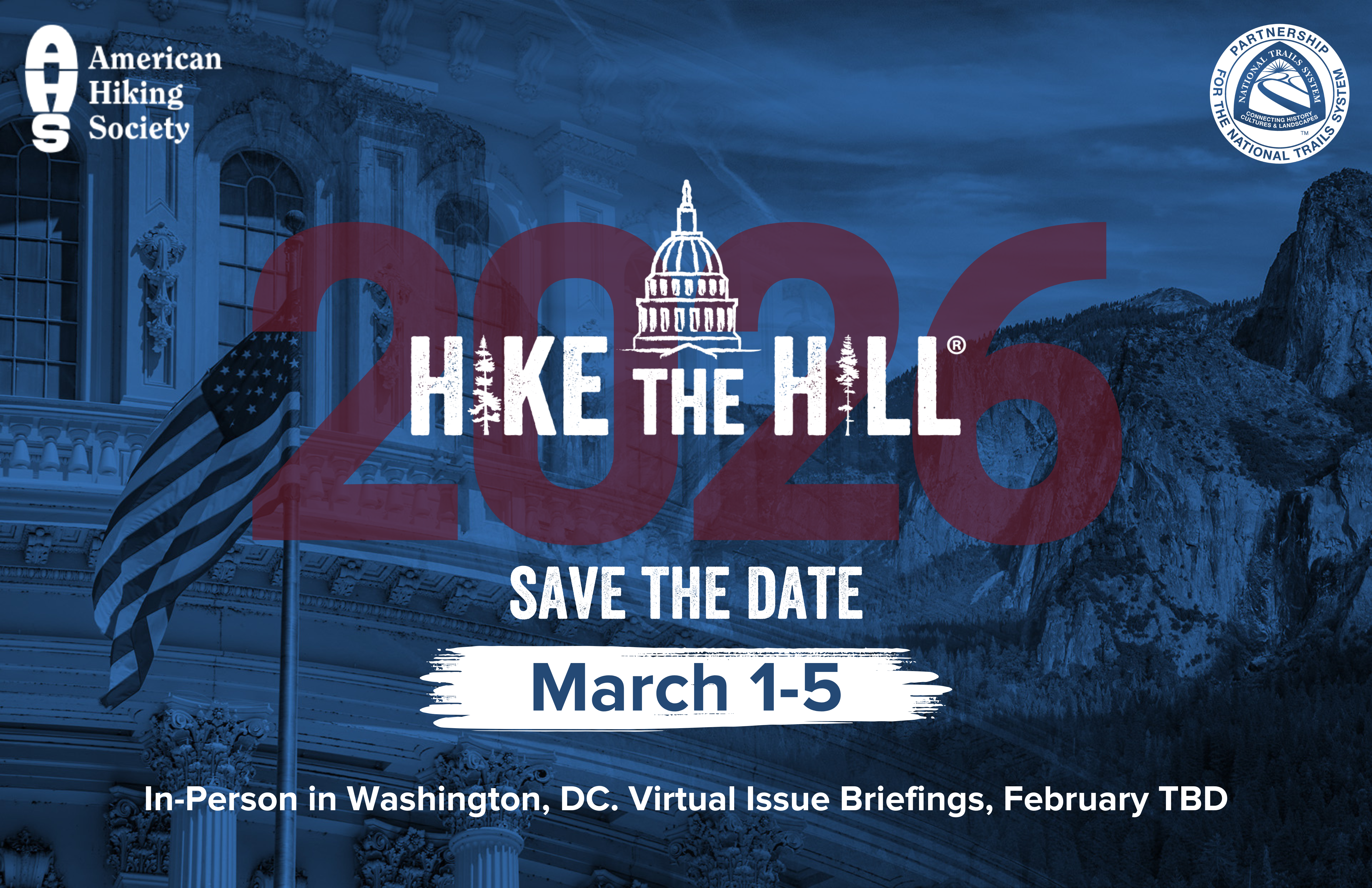
American Hiking works on a range of issues that affect public lands, hiking, and trails. The links below include information about a variety of policies, bills, and issues that have immediate or significant impacts on trails and the hiking experience. Do you have questions or suggestions about issues that affect the hiking experience? Email us!
The nearly 1,000,000 square miles that comprise U.S. public lands are our most treasured natural resource. Whether you’re a hiker enjoying the 193,500 miles of trail or one of the total 145 million recreation users, these lands are of enormous personal value to you. Public lands are also an economic driver for the recreation economy, generating 508,740 jobs and an economic output of $52 billion each year
The most pressing threats to public lands protections include shrinking National Monuments and expanding energy development. Such erosions, rather than expanding access, usually deprive hikers, anglers, hunters, campers, and all other permitted users the opportunity to enjoy their desired form of recreation, and, at best, obstruct views and generate noise and air pollution.
Legislation
Land and Water Conservation Fund (LWCF)
The Land and Water Conservation Fund (LWCF) is America’s most important program to conserve irreplaceable lands and improve outdoor recreation opportunities throughout the nation. The program has funded nearly one thousand trail projects and thousands of other projects ranging from National Parks, Forests and Wildlife Refuges to community parks and ball fields in all 50 states. Legislation is pending in Congress to permanently reauthorize and provide dedicated funding to the program.
Addressing Maintenance Needs on Public Lands
Our public lands are facing a $21.5 billion and growing maintenance backlog. When annual maintenance needs go unaddressed, long-term problems arise, impacting the public’s ability to access outdoor recreation. Closed trails, out-of-service restrooms, campgrounds in poor conditions, and impassable roads are only a few of the barriers that hikers face. Currently 193,500 miles of trails on federal lands need $1.71 billion of estimated maintenance.
Protecting Against Amendments to the Wilderness Act
Efforts to amend the Wilderness Act threaten the continued protection of our most untouched and wild lands. American Hiking Society opposes the use of mountain bicycles in designated wilderness areas and areas under consideration for wilderness designation.
Completing our National Trails System
Celebrating the 50th Anniversary of the National Trails System and realizing the goal to achieve a completed and connected system is just as important today as when the law was enacted. Legislation before Congress including the National Scenic Trail Parity Act and the North Country National Scenic Trail Route Adjustment Act work towards that goal.
Trail Funding
Trails are the gateway to nearly every facet of outdoor recreation, including fishing, hunting, wildlife viewing, camping, and more. A failure to maintain and manage our nation’s trails stymies economic growth and access to healthy outdoor recreation.
Every Kid Outdoors Act
The Every Kid Outdoors Act congressionally authorizes the Every Kid in a Park program, providing every fourth grader and their family free access to all federal public lands and waters. The act will introduce the next generation to outdoor recreation and foster lifelong service to and enjoyment of our most treasured natural resource. Hundreds of thousands of students have taken advantage of the program since it began
House Trails Caucus
The mission of the bipartisan House Trails Caucus is to provide a forum for interested members of Congress to work together for the creation and conservation of our natural landscape and recreation activities through the preservation of trails.
Concerns Affecting the Hiking Experience
Funding for Trails
Funds for trails come from various sources, including federal appropriations, state funds, grants, and private donations. Regardless of funding source, most trails are founded on public-private partnerships and include some form of cost-sharing or leveraging, including volunteer support.
Mountain Biking on National Scenic Trails
In recent months there has been an upsurge of organized mountain biking groups attempting to gain access to sections of National Scenic Trails where mountain bikes are currently prohibited. These trails – or in some cases, sections of these trails – were neither designed nor built for mountain bike use. Due to concerns about safety, sustainability, and the displacement of hikers on trails with heavy bike usage, AHS believes that the sections of National Scenic Trails, where mountain bikes are currently prohibited, should remain closed to bikes.
Government Programs and Policies
Land and Water Conservation Fund (LWCF)
LWCF balances the extraction and sale of federal natural resources – offshore oil and gas – with the permanent protection of important lands and waters and access to recreation for all Americans.
America’s Great Outdoors (AGO)
AGO is an effort to promote America’s connection to the outdoors and to bolster current conservation practices nationwide. The Initiative includes a series of listening and learning sessions are being held this summer and early fall around the country for engaging recreation and conservation community partners in developing a 21st Century conservation plan.
Transportation Act & Recreational Trails Program (RTP)
RTP utilizing a “user-pay/user-benefit” model, uses just a small portion of the taxes from the sale of fuel purchased by nonhighway trail users such as off road vehicles and snowmobiles. These funds are used for all sorts of trail projects: projects that benefit not just motorized trail users but also hikers, bicyclists, and equestrians. These RTP funds are distributed to the states which subsequently awards grants for various trail projects.
Travel Management Planning – Protecting the Hiking Experience
The hiking experience on America’s public lands will be profoundly affected by a series of “Travel Management Plans” currently underway by the USDA Forest Service and Bureau of Land Management (BLM). The agencies recently enacted policies intended to address the problem of increasing damage from unmanaged off-road vehicle (ORV) recreation, which includes all-terrain vehicles (ATVs), dirt bikes, and 4-wheel drive vehicles.

